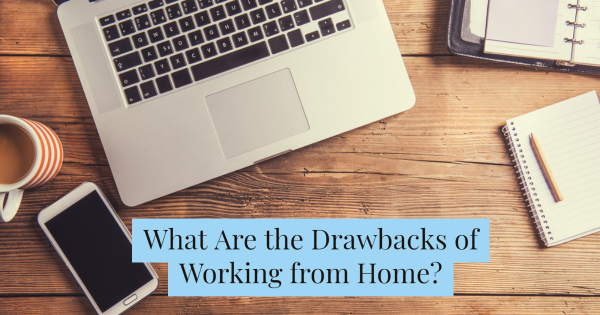It’s no secret that employers are heavily leaning into remote workers in 2022. With the rapid spreading of COVID-19, almost all workers were forced to quarantine and do their work from home. This ultimately boosted productivity at several companies. The benefits of remote work have been talked about to no end, but what about the other side? What are the drawbacks of home offices?
Social Health
Coworking with others has always been a huge staple of office life. Walking through the door, talking with your work friends, and getting to know others are aspects of work that we don’t really notice until they’re gone. Working remotely often includes video calls, but reading emotion and feeling engaged in conversation can be close to impossible through a screen. Growing accustomed to this style of communication can foster a feeling of isolation in people. It’s therefore essential to focus strongly on culture within the company and provide employees with coworking spaces so they can get out of the house and meet in person as they please. However often workers choose to use these spaces will go a long way in improving their social health, so be sure to set this option up for them.
Physical Health
This point is pretty self-explanatory. In the year 2022, meeting rooms are replaced with screens. Thus, hours and hours of sitting at a desk are in order. It can be easy to forget to eat, get up and exercise, take breaks, or even sleep sometimes. Completing a full day’s work is exhausting, and when you finish it is only natural to want to relax for the rest of the day. The entire workday can happen without a single step outside. This will inevitably lead to unhealthy physical habits. However, these unhealthy habits can be mitigated with scheduled breaks and a flexible work environment.
Mental Health
The subject of mental health is an immensely important one, to say the least. It’s a fact that remote work definitely is economically profitable. Two-thirds of managers say employees who work remotely increase their overall productivity. However, these are real people. They aren’t just numbers. Staying in one room for so long can cause serious mental repercussions, especially in young people.
The effect that the virus has had on the mental health of our nation is something we are still working through. Working remotely can increase feelings of inadequacy, loneliness, and isolation. These inevitably lead to depression, which is on the rise since the enforcement of quarantines and the shutting down of major establishments. Being remote is productive but can be mentally draining for those who thrive in the company of others. Ensuring ample coworking and meeting spaces are available is absolutely essential and business owners should not skimp out on providing these for their employees.
All-in-all, working remotely has proved beneficial to many companies. However, it can be dangerous to only look at this change in terms of work numbers. Just because someone is reaching good numbers, does not mean they are mentally or physically well. It is important that employers consult their employees in this change and adjust as needed. One of the top ways to help is by setting up coworking spaces. Consult with Stat International to get started today.

